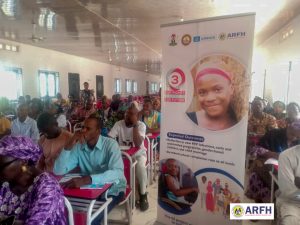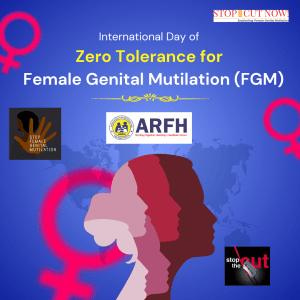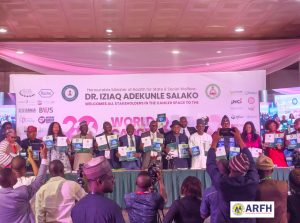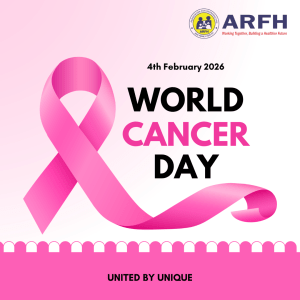Abstract
Background: Non-governmental organisations (NGOs) are expected to be in the vanguard, re-positioning reproductive health as a central issue in population and development in Nigeria. However, most of them have insufficient knowledge or access to policy and planning processes necessary at engaging effectively with the government. This article highlights the processes and outcome of an intervention aimed at strengthening the capacity of 12 non-governmental organisations on advocacy and policy related activities with emphasis on reproductive health issues.
Methods: The study employed a one group, pre and post test study design. Thirty six (36) staff from 12 NGOs was purposively selected and interviewed using a semi-structured questionnaire at baseline to assess their knowledge and level of involvement in reproductive health, advocacy and policy issues. In-depth interviews were conducted with 6 officials of the ministries of health and women affairs to document previous reproductive health and policy related collaborative efforts with the NGOs. Baseline findings were used in developing and implementing a capacity building intervention. A post intervention evaluation was conducted to assess the outcomes.
Results: All respondents (100 %) had tertiary level education and were from a multidisciplinary background such as nursing (41.7 %) medicine (25 %) and administration (13.9 %). The mean knowledge score on advocacy and policyissues at pre-test and post-test was 39.1 ± 17.6 and 76.2 ± 14.2 respectively (p= 0.00). Participants reported making use of advocacy methods and the three most utilized were Phone calls (28.1 %), Face to Face meetings (26 %) and networking with other organisations for stronger impact (17.1 %). The outcome of their advocacy efforts include the provision of free air time by a television station to educate the populace on maternal health issues, donation of landed property to build a youth friendly centre, donation of a blog site for disseminating information on Reproductive health issues and training of other staff of their organisations on advocacy activities. The major challenges experienced by staff of the NGOs were financial (89 %) and time constraints (11 %).
Conclusion: Empowered non-governmental organisations can effectively advocate for the implementation of reproductive health policies and programmes.
Keywords: Advocacy, Non-governmental organisation, Reproductive health, Policy
Download Full Research here and Share with your friends and family.




